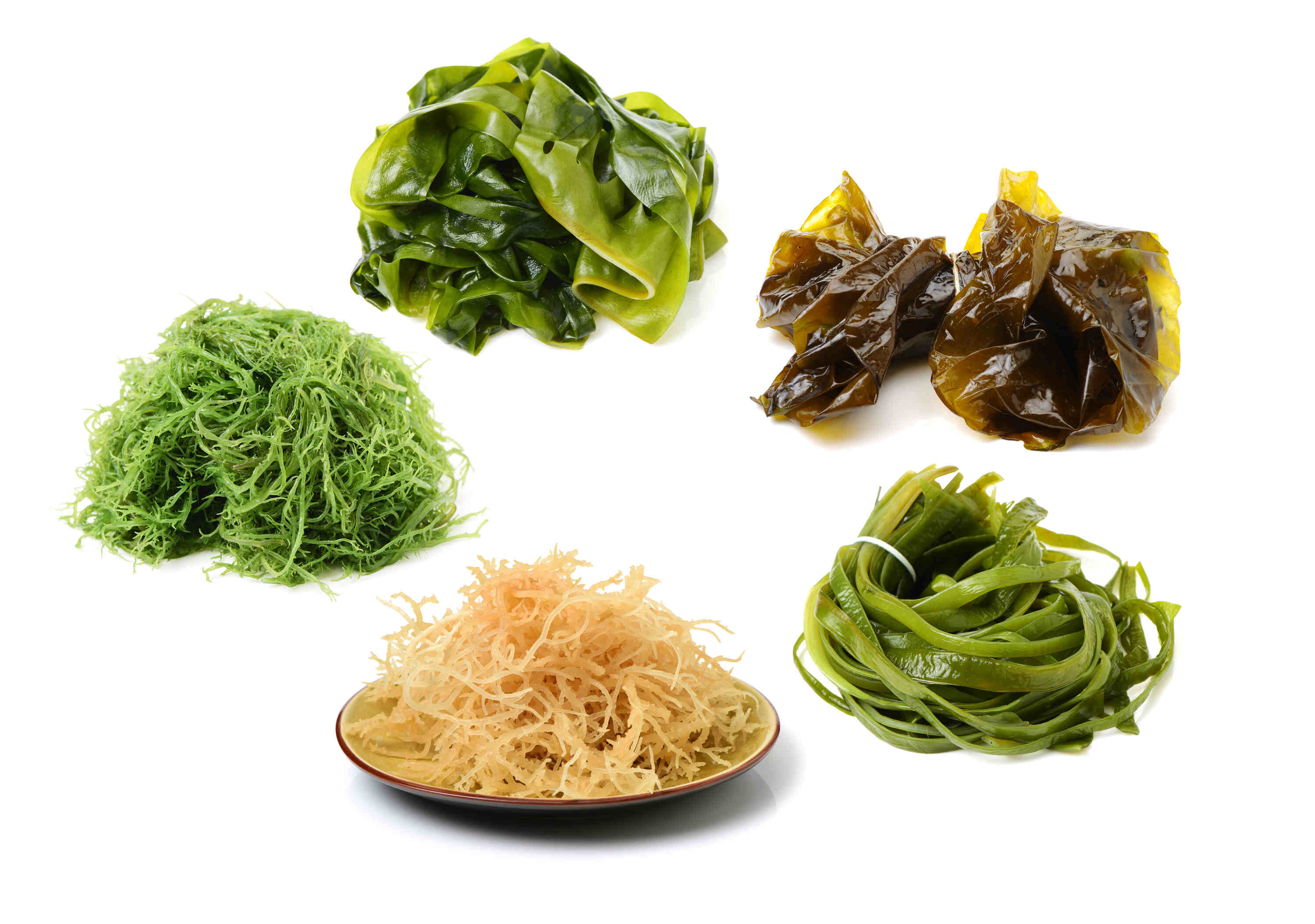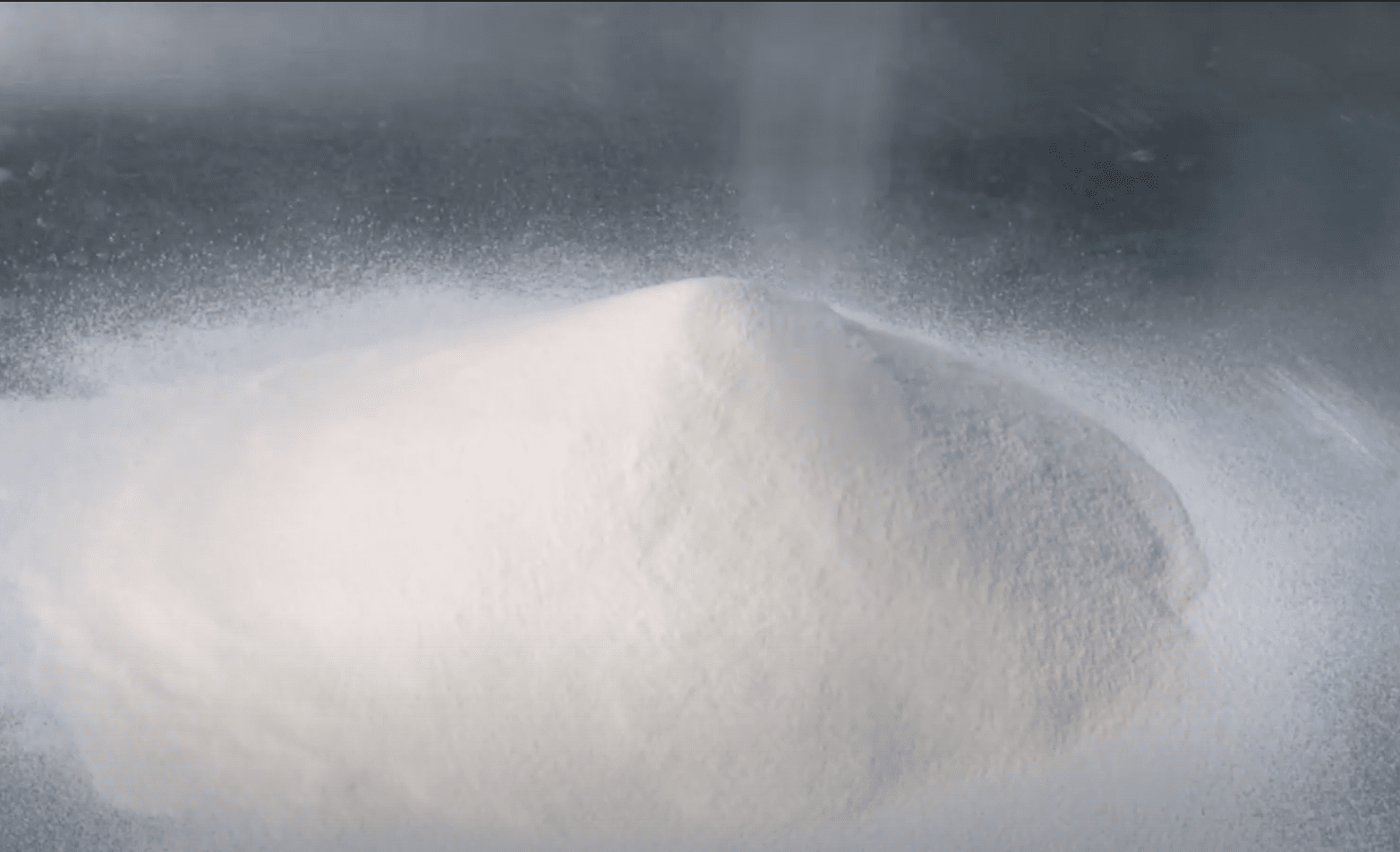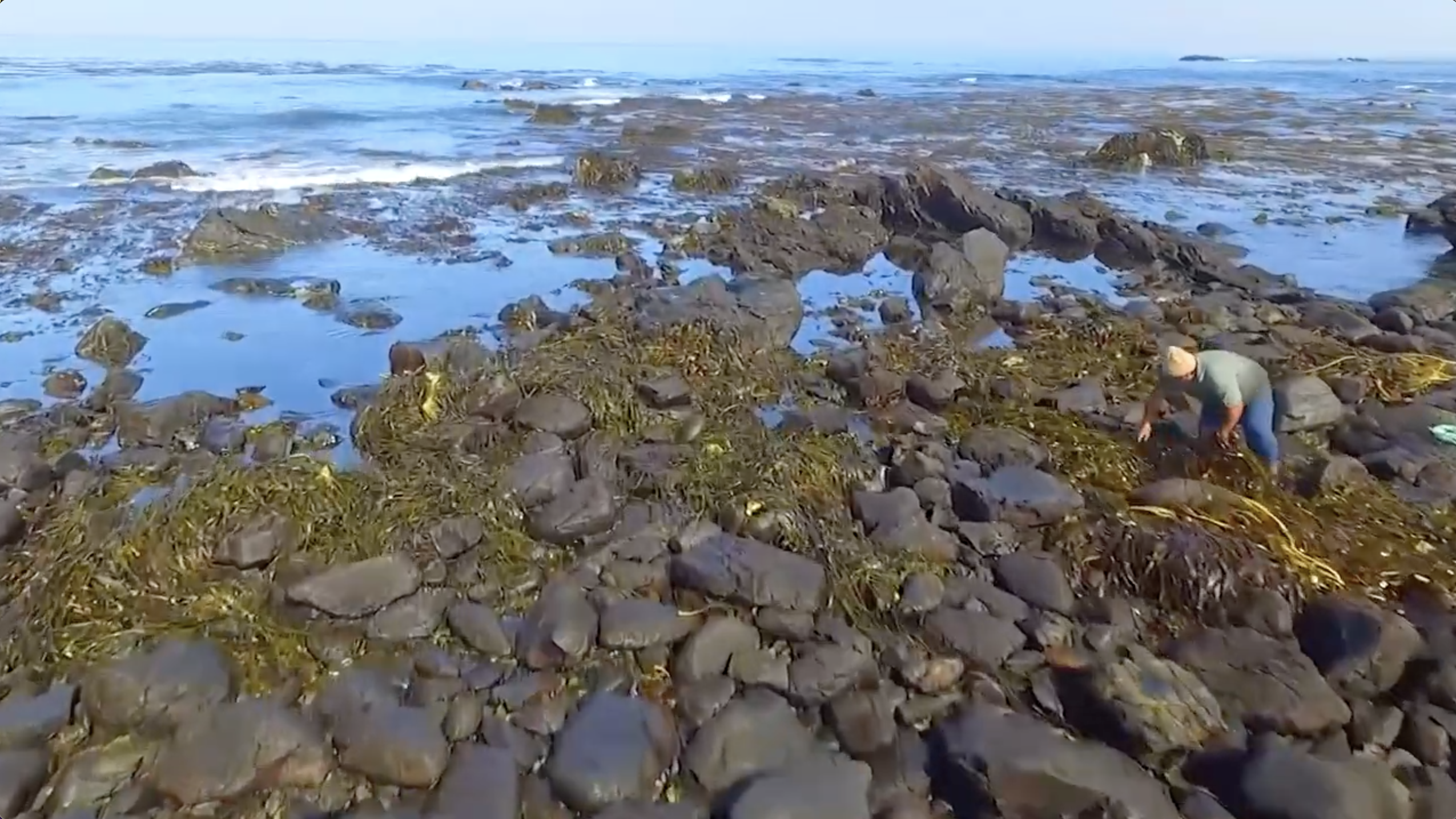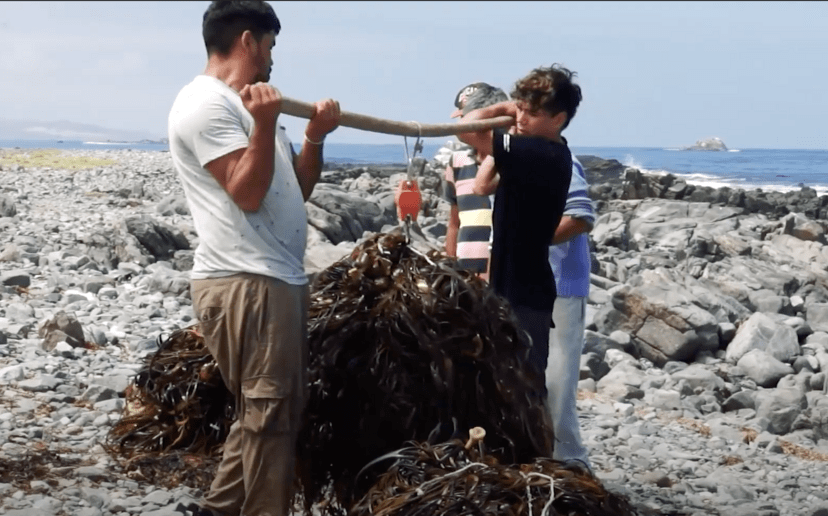JSTORIES ー Drift seaweed decaying on the coast is oftentimes just a nuisance.
But some of such seaweed washed ashore thousands of miles away from Japan is now being used to produce alginate, a dietary fiber with a wide range of applications. Alginic acid, found in the slimy texture of seaweeds such as kelp and wakame, is the main ingredient used in a variety of fields from food to medicine.
Examples of its versatility include improving the texture of bread and noodles, creating finely bubbled beer, and producing long-lasting lipstick. By using drift seaweed as a raw material instead of seaweeds growing in the ocean, resources are effectively utilized and marine environments are protected by reducing overharvesting.


This unique approach to resource recycling has been carried out for many years by Kimica Corporation, a Tokyo-based manufacturer that specializes in alginic acid production. In business for over 80 years, Kimica started the initiative when its founder saw washed up seaweed on the beach and thought it was a waste.

The company mainly produces its high-quality alginic acid from seaweed washed along the shores of Chile in South America. It invested in a local seaweed procurement company and buys drift seaweed from fishermen to help stabilize their incomes. At the same time, it supports the local community by offering residue from the extraction process as fertilizer to nearby farmers free of charge.

Translation by Lucas Coyte, Editing by Joseph Sacco
Top page photo by twenty20photos/Envato
For inquires about this article, please contact us at jstories@pacificbridge.jp
***
***
Click here for the Japanese version of the article.

![[Tokyo Updates] Is Hill-Farmed Salmon Here to Save Us?](https://storage.googleapis.com/jstories-cms.appspot.com/images/173258722885374_09952-thumb-1600xauto-10881_smallthumbnail.jpeg)
![[Tokyo Updates] Old and Full of Potential: Why a Swedish Model Is Reviving Abandoned Houses in Tokyo](https://storage.googleapis.com/jstories-cms.appspot.com/images/1732603609687d6b0a861ef75d954729578323092323fe00ad55e-thumb-1600xauto-10186_smallthumbnail.jpg)
![[Tokyo Updates] Making Space Development Open for All](https://storage.googleapis.com/jstories-cms.appspot.com/images/1732521298402c3af387cf9df027b91f0e9f2626b300713b93850-thumb-1600xauto-10594_smallthumbnail.jpg)











![[Interview] When digital and physical worlds meet](https://storage.googleapis.com/jstories-cms.appspot.com/images/1747974430456unnamed-2_smallthumbnail.png)

![[Interview] How Japanese musician Grover turned his passion of ‘sound’ into a health-tech startup](https://storage.googleapis.com/jstories-cms.appspot.com/images/1746181078493R7__1407_smallthumbnail.jpg)






